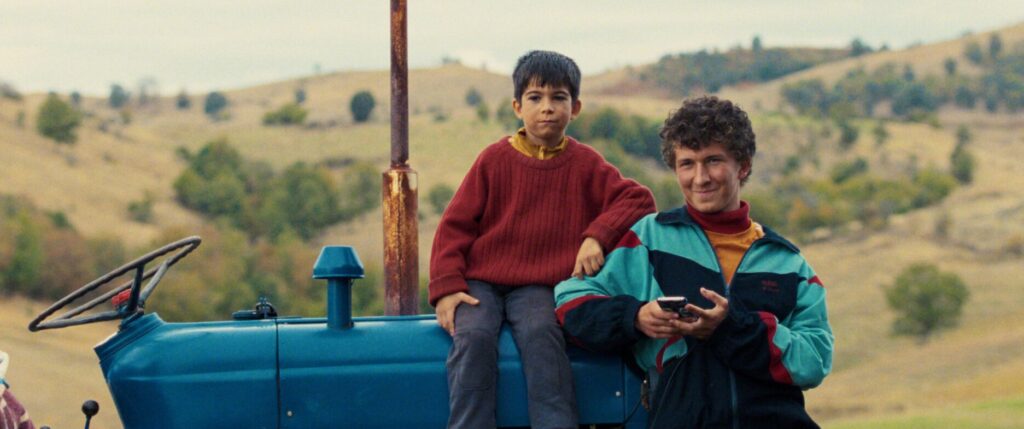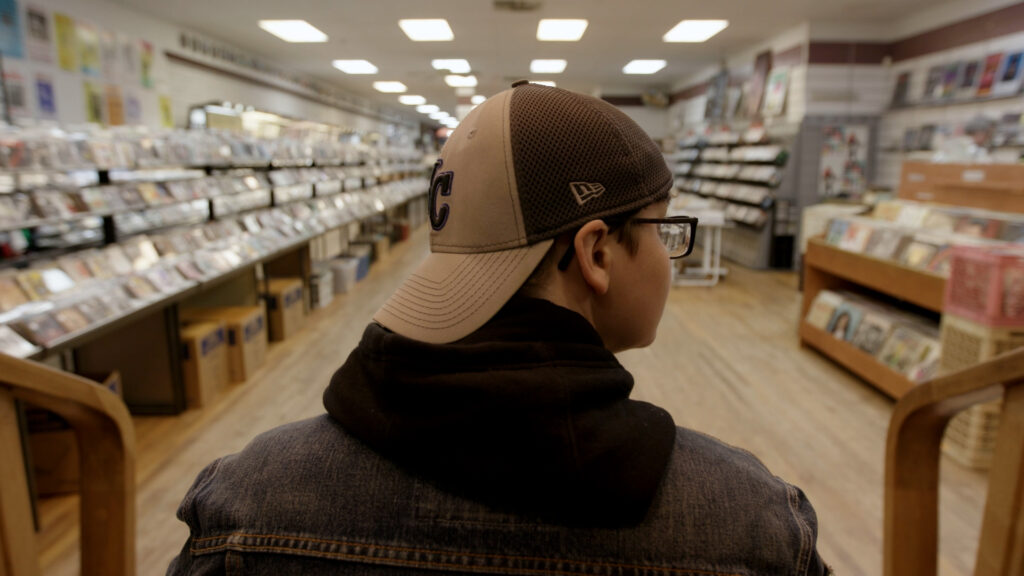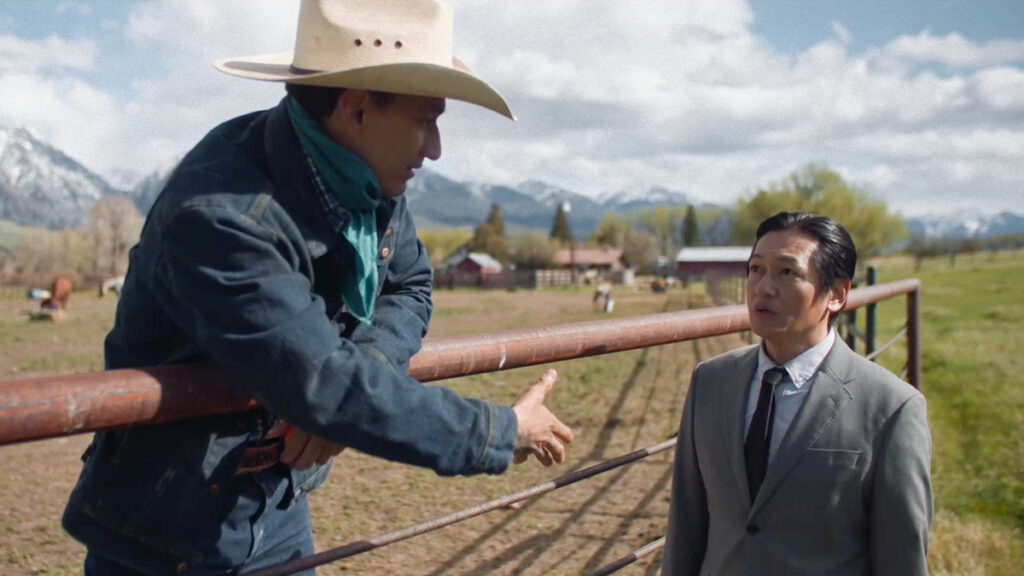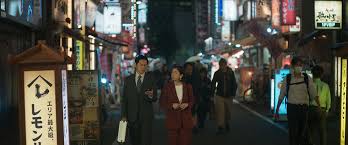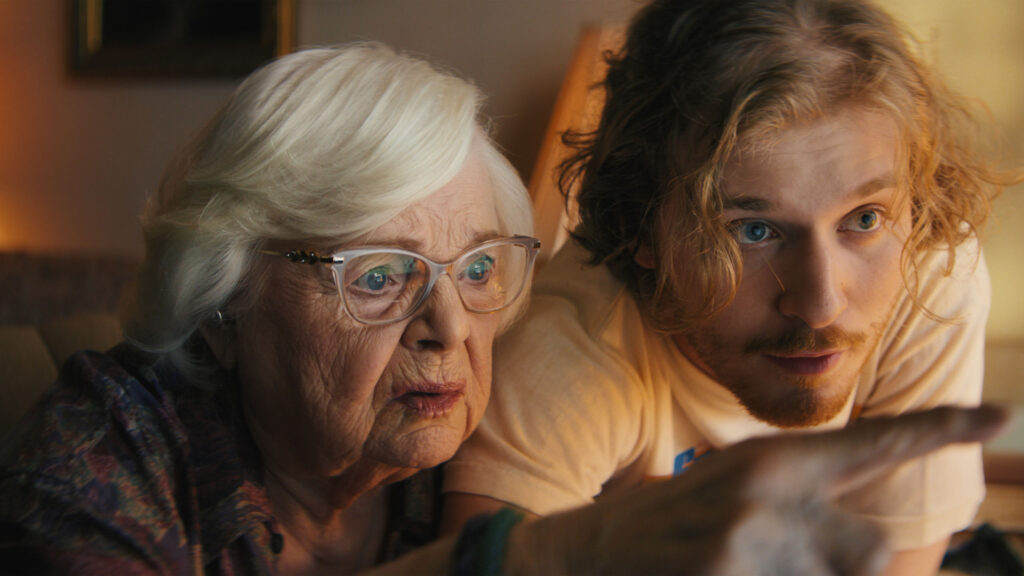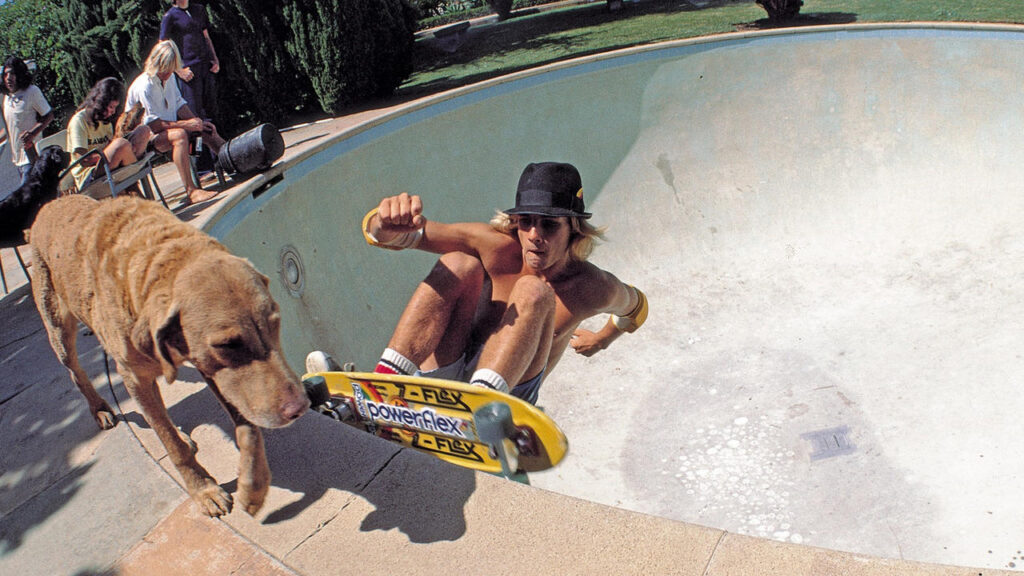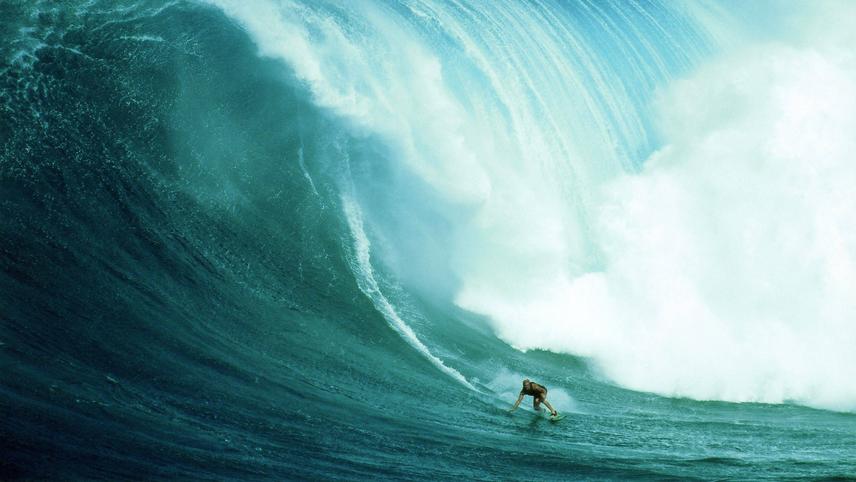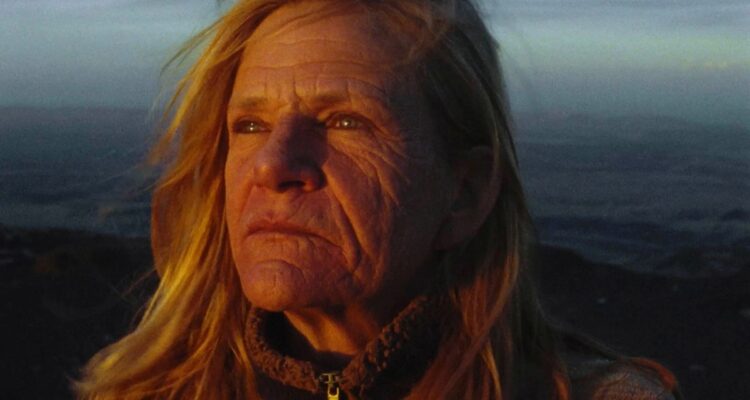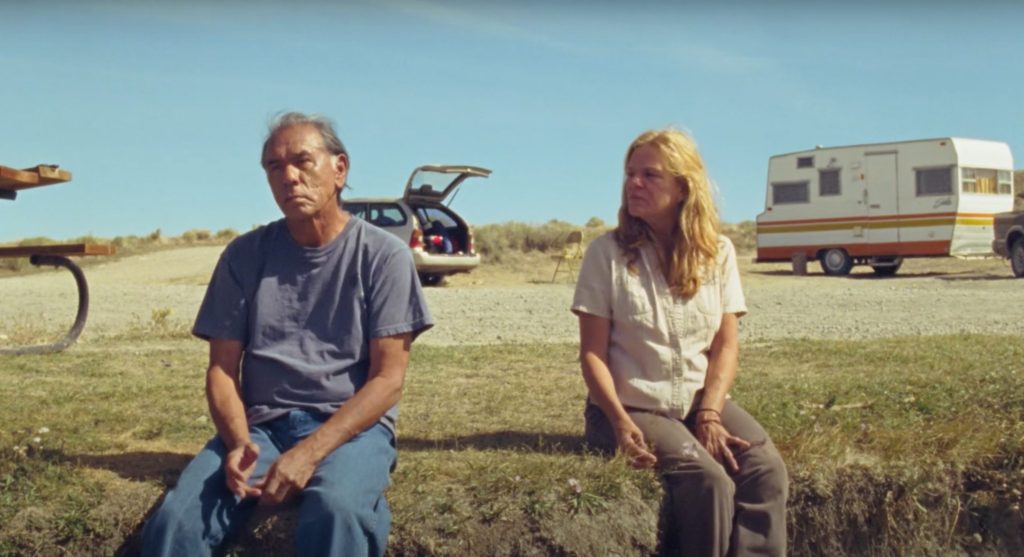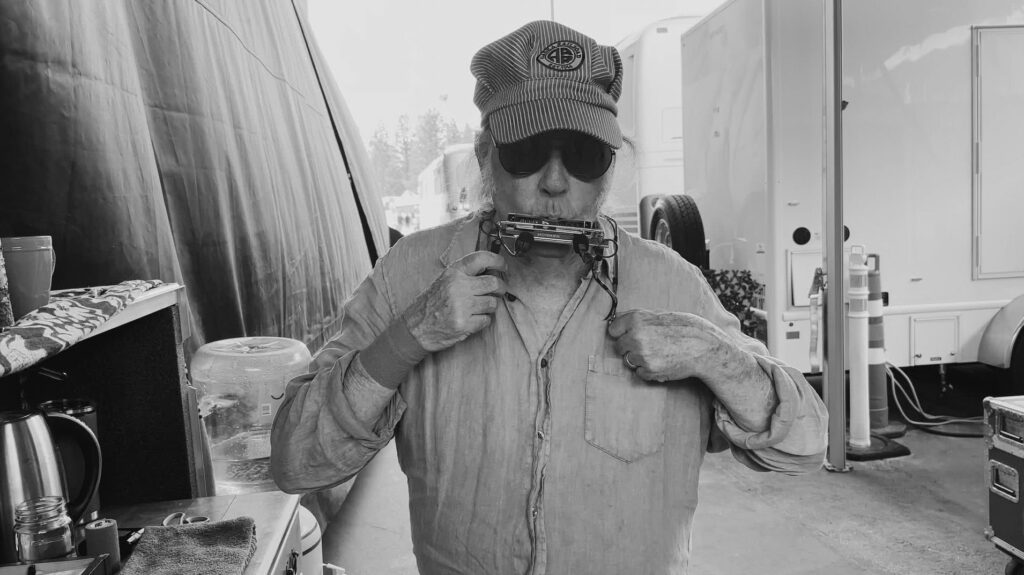
The 2025 SLO Film Fest opens on April 24 and celebrates its 31st festival, bringing its characteristic mix of aspirational cinema and sheer fun to California’s Central Coast. This year’s slate is an intoxicating mix of US and international indies and festival hits fresh from their premieres at Sundance and SXSW. Plus the richest program of surf and skate films of any mainstream film festival. The fest will run through April 29.
This is the first festival since the the SLO Film Center came into being as a collaboration of the SLO Film Festival and the Palm Theatre. Fittingly, the Palm will be showcasing some films and celebrity appearances, with the festival’s biggest events at the Fremont theatre. As usual, most screenings will take place at the Downtown Centre 7. One surfing-oriented feature will screen at the Bay in Morro Bay.
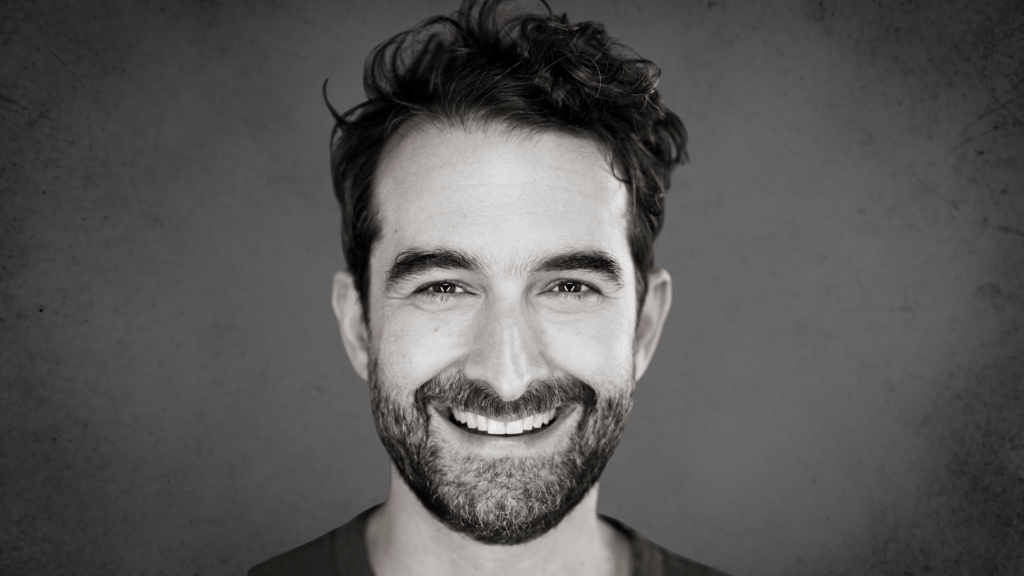
Here are festival highlights:
- The opening night film is the Sundance Audience Award winner, DJ Ahmet.
- The closing night film will be Coastal, Daryl Hannah’s documentary of the latest Neil Young concert tour. Both Neil Young and Daryl Hannah are expected to appear in person.
- Director Jay Duplass will appear in person to receive an award and present his SXSW hit The Baltimorons.
- The biodoc Bob Mackie: A Naked Illusion, with the fashion designer Bob Mackie in attendance for a Q&A at the Palm..
- The Oscar-nominated documentary Porcelain War.
- The always popular Surf Night featuring three surfing short films with gnarly waves. Expect the Fremont to be packed again with surfers enjoying drinks in the lobby and the Riff Tide surf band before the screening.
- Skating culture is celebrated with the second annual Community of Skate – skate films, a panel of pro skaters and skate filmmakers, and a skateboard design exhibition.
There’s plenty more, with features, workshops and six programs of shorts. I’m screening my way through the program, and will post my MUST SEE recommendations before the fest opens. Peruse the program and get your tickets at SLO Film Fest.
